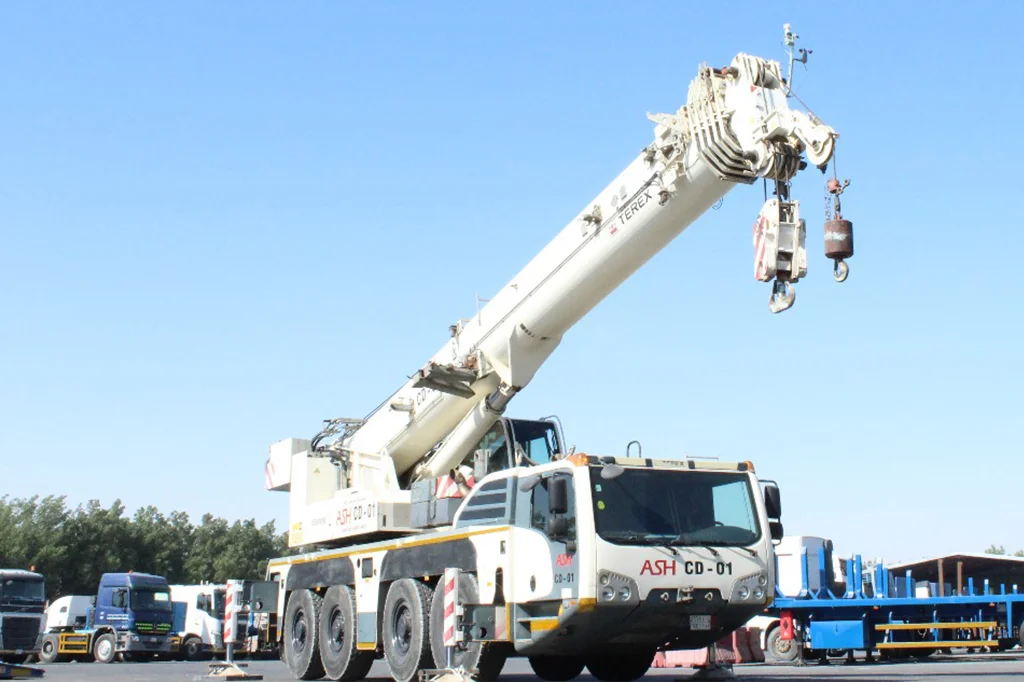
Sustainability in logistics and transportation is more important than ever. As businesses grow, their impact on the environment becomes more significant. To address this issue, many companies are using alternative vehicle technologies and electric vehicles. These changes help reduce their carbon footprints and meet important climate targets. In this article, we will discuss why sustainability matters in logistics and transportation and how it benefits everyone.
What is Sustainable Logistics?
Sustainable logistics means making supply chain processes better for the environment. This can involve things like fuel consumption optimization, using low-emission technologies, and planning efficient transport routes. By focusing on these areas, businesses can cut down on their CO2 emissions and help reduce greenhouse gases.
Strategies for Sustainable Logistics
-
- Eco-Friendly Logistics: Companies are using eco-friendly logistics practices to lessen their impact on the environment. This includes investing in green vehicle fleets that run on cleaner fuels and using renewable energy sources.
-
- Optimized Route Planning: Planning efficient transport routes can make a big difference. By using data to find the best routes, businesses can save fuel and reduce travel time while still meeting customer needs.
-
- Carbon Offsetting: Some companies are adopting carbon offsetting strategies to balance out their emissions. This means investing in projects, like planting trees or using renewable energy, that absorb or reduce carbon dioxide from the atmosphere.
-
- Sustainable Supply Chain: Focusing on supply chain sustainability means working with suppliers who also care about the environment. This helps create a culture of sustainability throughout the entire supply chain.
Benefits of Sustainable Logistics
-
- Better Brand Reputation: Companies that prioritize sustainability often gain a better reputation. Customers today care about the environment and prefer businesses that show commitment to natural resource conservation.
-
- Cost Savings: Sustainable practices can save money. By using resources more efficiently and reducing waste, companies can lower their overall costs while boosting productivity.
-
- Regulatory Compliance: With stricter environmental laws, companies that focus on environmental impact reduction will find it easier to comply and avoid penalties.
-
- Fighting Climate Change: By adopting sustainable practices, the logistics and transportation industry can help fight climate change. Reducing carbon emissions and implementing waste reduction strategies support global efforts to protect the planet.
